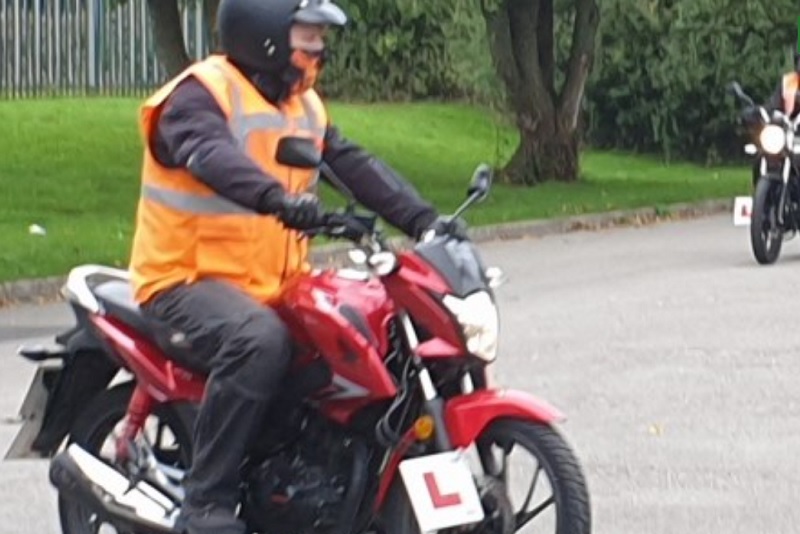
The National Motorcyclists Council (NMC) is calling for changes to improve the UK’s motorcycle licence testing and training regime.
The NMC says training and testing regulations need to fulfil a basic mission – to make motorcycling safer.
However its analysis shows that changes to motorcycle licensing rules, introduced in 2009, have failed to make motorcycling safer.
The NMC is calling on the Government to introduce a raft of changes, including improving the CBT syllabus, with a requirement for theory and hazard perception tests to be taken and passed before the CBT.
It also says access to post-test training needs further incentivisation – and wants to see a return to a single event test, rather than the current two-part format.
Above all, the NMC emphasises that as part of this ‘evolution’ of testing and training, there should be no dilution of standards, or removal of aspects that work towards safer motorcycling.
But instead, best practices need to be applied more intelligently, so that riders are incentivised and encouraged to get a full licence, it says.
Until February 2021, motorcycle rider licencing was subject to regulations set by EU directives, with various versions of the directive having been in place over the time of the UK’s membership of the EU.
The current directive is known as ‘3DLD’. It ceased to apply in the UK on 31 January 2021.
Although UK licensing law remains aligned to European law, the NMC says there is now an opportunity to review and revise the regulations to better suit UK circumstances.
Craig Carey-Clinch, NMC executive director, said: “The UK now has an opportunity to ‘reset’ motorcycle training and testing to fit the UK roads and traffic environment via national regulation.
“Given that the Government is currently considering future road safety policy, we believe the NMC proposals are timely and start an overdue debate. We look forward to discussing them with the DfT and the DVSA.”
Comment on this story